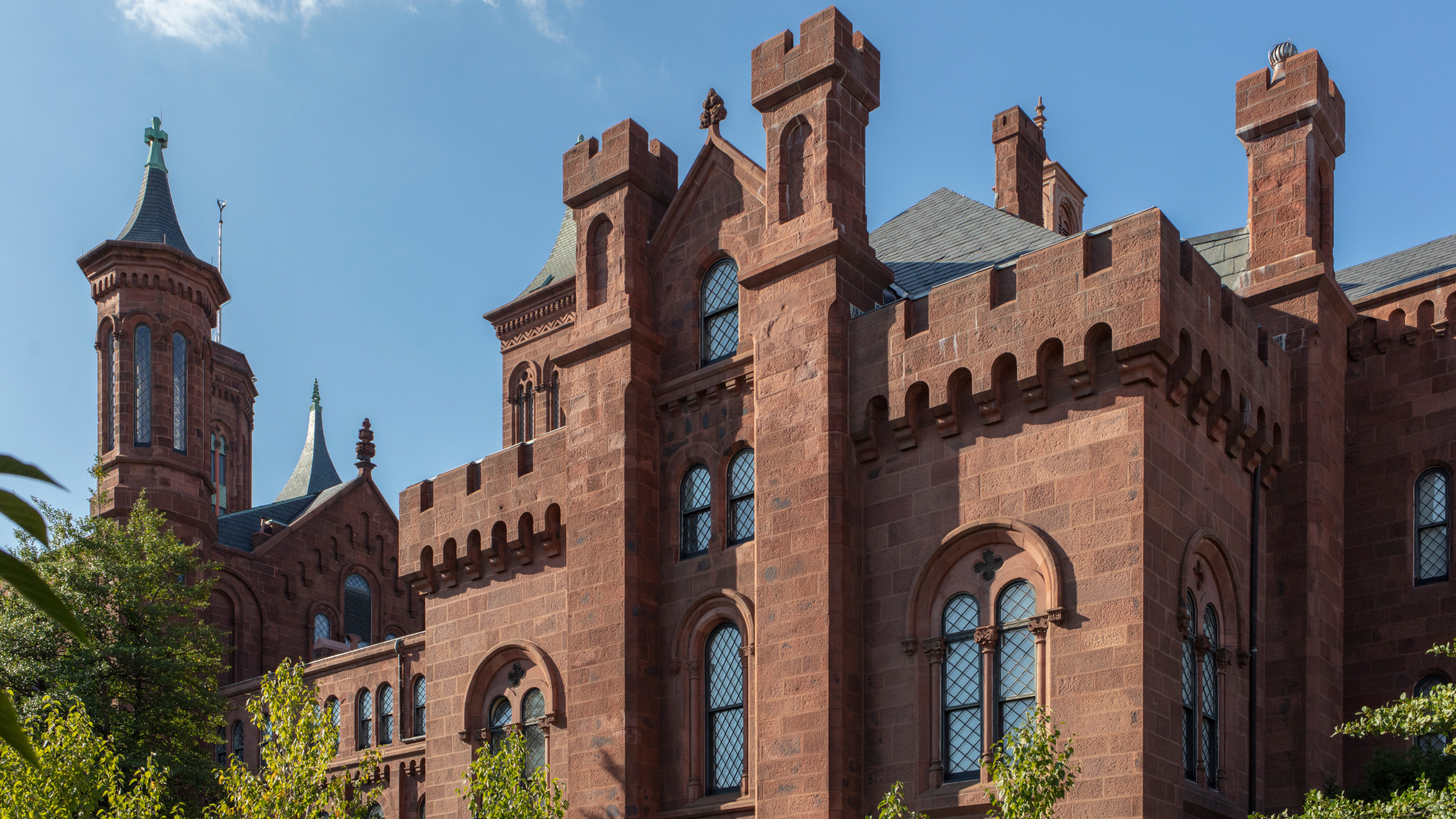Smithsonian under fire: Trump orders an ideological purge
The president has issued an executive order to control Smithsonian exhibits and restore removed statues linked to slavery

A free daily email with the biggest news stories of the day – and the best features from TheWeek.com
You are now subscribed
Your newsletter sign-up was successful
"For someone who claims to abhor censorship, Donald Trump sure has a funny way of showing it," said Issie Lapowsky in Vanity Fair. In his latest attempt to police thought in America, the president issued an executive order last week that aims to control museum exhibitions at the Smithsonian Institution and re-erect any statues or monuments that have been removed from federal property for reasons he disapproves.
The order, titled "Restoring Truth and Sanity to American History," assigns Vice President JD Vance the task of seeking to remove all evidence of "improper ideology" in the displays of the Smithsonian's 21 museums and National Zoo. The order describes the offending ideas as any that engender "a sense of national shame," particularly any that present the U.S. as inherently racist or sexist. Coming in the wake of Trump's takeover of the Kennedy Center for the Performing Arts, this latest censorship attempt is both "predictable" and "deeply shocking," said Charlotte Higgins in The Guardian. "We are now in Ministry of Truth territory."
Trump doesn't have full control over the Smithsonian, said Kelsey Ables in The Washington Post. The 178-year-old public-private institution, which bills itself as the world's largest museum, education, and research complex, receives 62 percent of its funding from the federal government and the rest from private sources. It's overseen by a 17-member board consisting of the vice president, the chief justice, three senators, three members of the House, and nine citizens approved by Congress. Somehow, though, the Smithsonian had devolved in recent years into "another bulwark of woke insanity," said the New York Post in an editorial. In 2020, while statues of important American figures were being taken down because of the subjects' ties to slavery, the National Museum of African American History and Culture even briefly circulated a graphic positing that "hard work" and "rational, linear thinking" are imposed white cultural values. Trump "deserves credit for striking back" because "the idea that the tax-paying public should sponsor race-based pseudo-sociology and the gleeful destruction of the past is beyond vile."
The Week
Escape your echo chamber. Get the facts behind the news, plus analysis from multiple perspectives.

Sign up for The Week's Free Newsletters
From our morning news briefing to a weekly Good News Newsletter, get the best of The Week delivered directly to your inbox.
From our morning news briefing to a weekly Good News Newsletter, get the best of The Week delivered directly to your inbox.
The true motive behind Trump's order "becomes clearer the further you read," said Thomas Lecaque in The Bulwark. When he calls out a current sculpture exhibit at the American Art Museum, he explicitly complains that the show tells viewers that race is a social construct. Unfortunately, the proposition that race is instead a biological reality, which Trump seems to prefer, is "not true historically or scientifically or in any other way outside the miserable, backward swamp logic of white supremacy." When he rules out displays that shame America, he's trying to suppress knowledge of the violence inflicted on people of color by the nation's mostly white founders. That's not restoring truth. "It's erasure," an attempt to replace history with propaganda.
A free daily email with the biggest news stories of the day – and the best features from TheWeek.com